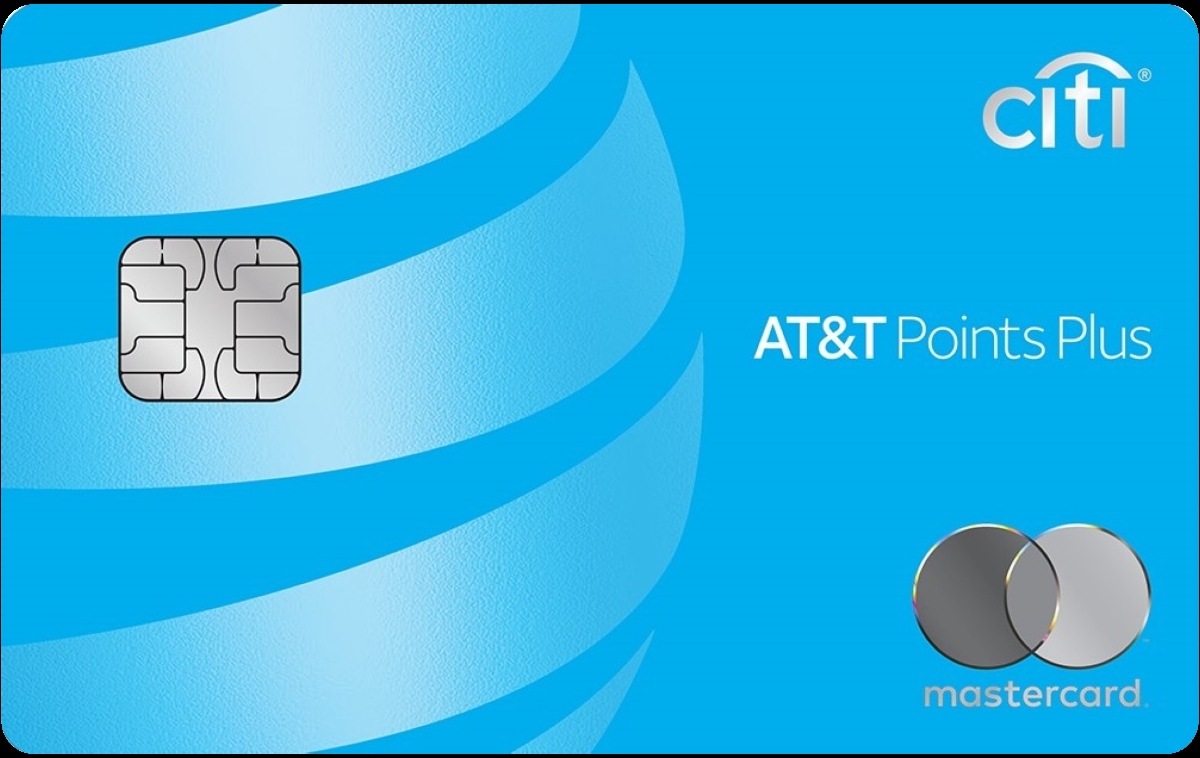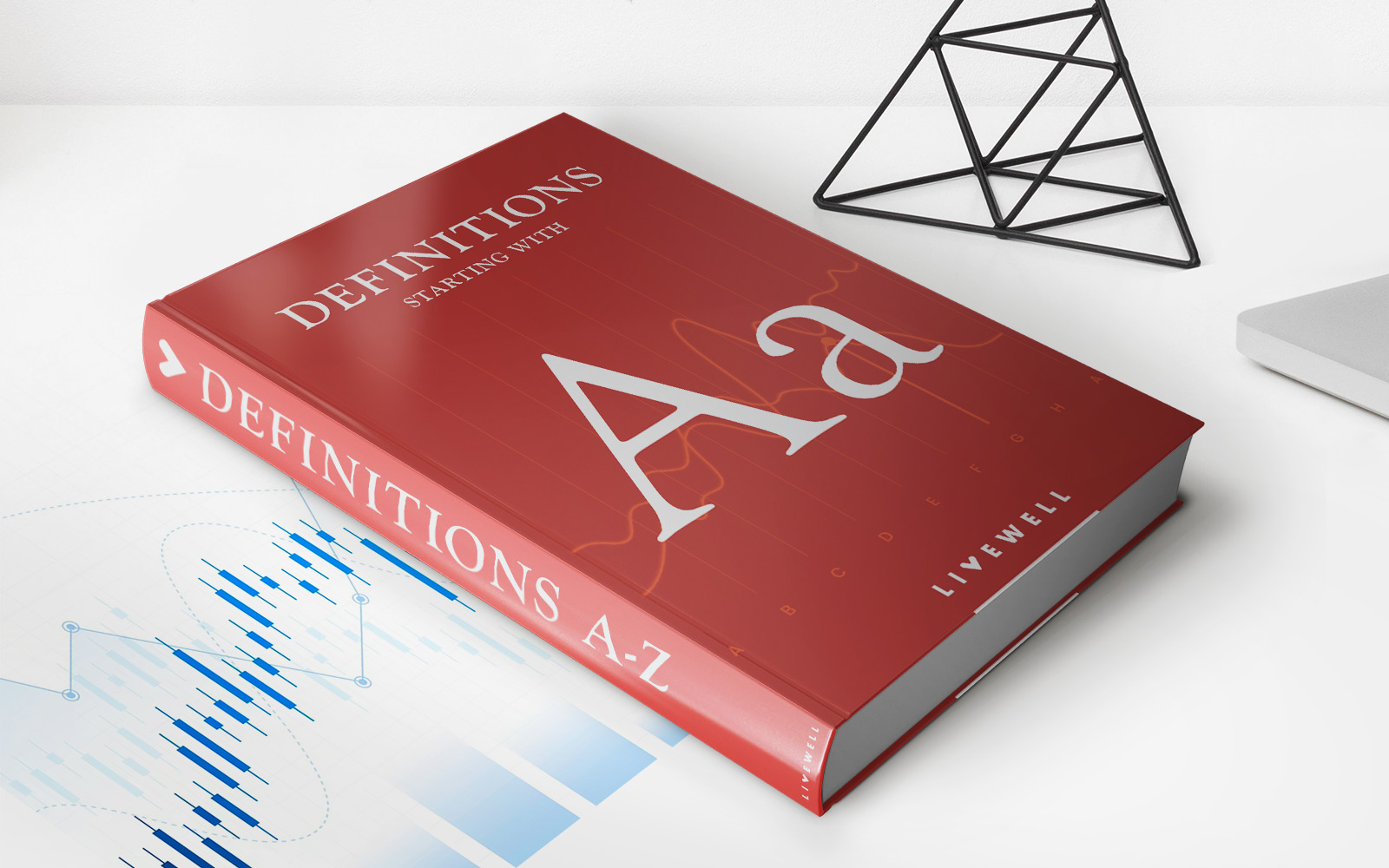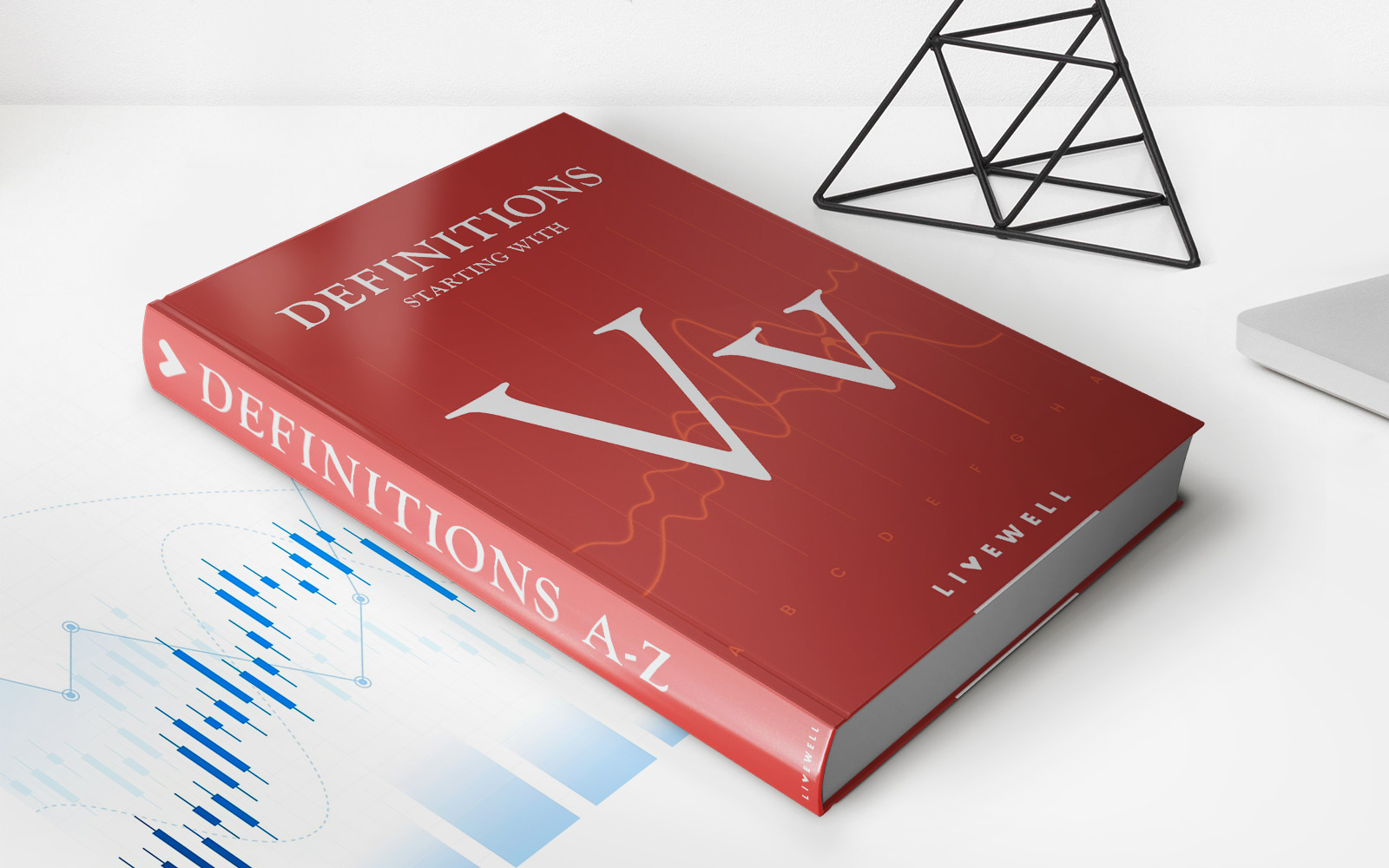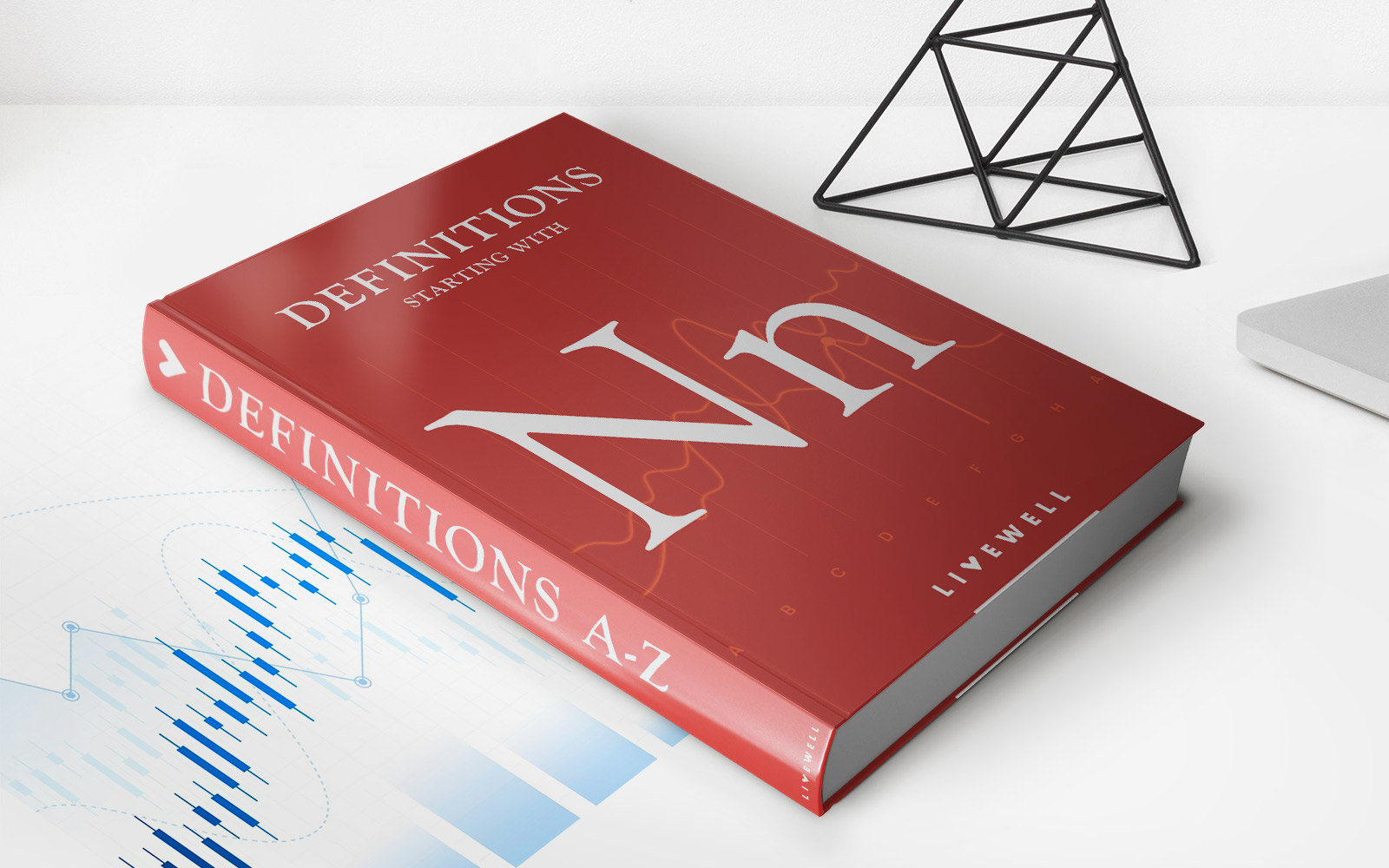

Finance
What Credit Bureau Does Honda Finance Use
Published: January 9, 2024
Honda Finance utilizes a preferred credit bureau for financing decisions. Learn more about the credit bureau used by Honda Finance and how it impacts your financing options.
(Many of the links in this article redirect to a specific reviewed product. Your purchase of these products through affiliate links helps to generate commission for LiveWell, at no extra cost. Learn more)
Table of Contents
Introduction
When it comes to financing a vehicle, credit history plays a crucial role in determining the terms and conditions offered by lenders. Whether you’re considering financing a new or used car, understanding the credit bureau used by the lender is essential. In the case of Honda Finance, one of the world’s leading automotive financing companies, you may be wondering which credit bureau they use.
In this article, we will delve into the world of credit bureaus and explore the relationship between Honda Finance and credit bureau reporting. We will also discuss the factors that may influence Honda Finance’s choice of credit bureau and explore alternative options for financing your Honda vehicle.
Before we dive deeper, allow me to provide a brief overview of credit bureaus and their role in the lending industry.
A credit bureau is an agency that collects and maintains credit information on individuals and businesses. These bureaus gather data from various sources, such as financial institutions, credit card companies, and public records, to create your credit report. Credit reports contain information about your credit history, including your payment history, outstanding debts, and credit utilization.
There are several major credit bureaus in the United States, the most well-known being Equifax, Experian, and TransUnion. These credit bureaus collect and analyze credit information to generate credit scores, which lenders use to assess a borrower’s creditworthiness.
Overview of Credit Bureaus
Credit bureaus are influential entities in the financial industry, crucial in the evaluation of an individual’s creditworthiness. Understanding the role of credit bureaus can help you navigate the financing process more effectively.
As mentioned earlier, Equifax, Experian, and TransUnion are the three major credit bureaus in the United States. These bureaus collect vast amounts of data from various sources and compile it into comprehensive credit reports.
Each credit bureau operates independently, and while they generally gather and analyze similar data, there may be variations in the information they report. Therefore, it’s important to review your credit reports from all three bureaus to ensure accuracy and to address any discrepancies.
One of the primary functions of credit bureaus is to calculate credit scores. Credit scores provide a numerical representation of an individual’s creditworthiness based on their credit history. The most widely used credit scoring model is the FICO score, which ranges from 300 to 850.
When lenders assess a loan or credit application, they often request credit reports from one or more of these bureaus to determine the borrower’s creditworthiness. Credit bureaus also provide credit monitoring services to individuals, allowing them to keep track of their credit health and receive alerts of any significant changes to their credit profiles.
It’s worth noting that credit bureaus also play a crucial role in helping individuals combat identity theft and fraud. They enable consumers to place a fraud alert on their credit reports, request credit freezes, and dispute inaccurate or fraudulent information.
Now that we have a better understanding of credit bureaus, let’s explore Honda Finance’s relationship with credit bureau reporting in the next section.
Honda Finance and Credit Bureau Reporting
Honda Finance, the financing arm of Honda Motor Company, serves as a prominent player in the automotive financing industry. Like other lenders, Honda Finance relies on credit bureaus to assess the creditworthiness of potential borrowers.
While Honda Finance does not publicly disclose the specific credit bureau it uses for reporting, it is likely to report customer credit information to all three major credit bureaus: Equifax, Experian, and TransUnion. This approach is common among lenders to ensure comprehensive credit reporting and to provide accurate information to the credit bureaus.
By reporting to multiple credit bureaus, Honda Finance helps to ensure consistent credit information across different reports. This is beneficial for borrowers as it provides a more accurate representation of their credit history to potential lenders.
When you finance a vehicle through Honda Finance, your loan and payment details, including the amount financed, payment history, and outstanding balance, are typically reported to the credit bureaus. These data points play a significant role in shaping your credit profile and can impact your credit score.
It’s important to note that the accuracy of the information reported by Honda Finance to the credit bureaus is essential. Mistakes and inaccuracies can negatively impact your creditworthiness and may hinder your ability to secure favorable financing terms in the future.
Therefore, it is crucial to regularly review your credit reports from all three major credit bureaus. If you notice any discrepancies or errors in the information reported by Honda Finance, you should promptly contact them to address the issue. Additionally, you can also contact the credit bureaus and file a dispute to rectify any inaccuracies on your credit report.
Now that we understand the relationship between Honda Finance and credit bureau reporting, let’s explore the factors that may influence Honda Finance’s choice of credit bureau in the next section.
Factors Influencing Credit Bureau Choice
When it comes to choosing which credit bureau to report consumer credit information to, Honda Finance, like other lenders, takes into consideration several factors. These factors can vary depending on the lender’s priorities and business strategies.
One of the primary factors influencing the credit bureau choice is the bureaus’ reputation and market coverage. Equifax, Experian, and TransUnion are widely recognized and established credit bureaus with a vast network of data contributors. By reporting to these bureaus, Honda Finance ensures that its customers’ credit information is accessible to a wide range of lenders and financial institutions.
Another crucial factor is data quality and accuracy. Lenders want to ensure that the credit bureau they choose maintains high standards in data collection and reporting accuracy. This is important for providing reliable and trustworthy credit information to lenders and borrowers alike.
The credit bureaus’ ability to handle dispute resolution and provide efficient customer service is also a consideration. Lenders want to work with credit bureaus that have a robust process for addressing consumer disputes and are responsive to their needs and concerns.
Furthermore, regulatory compliance plays a significant role in the credit bureau choice. Lenders must ensure that the credit bureaus they work with adhere to relevant laws and regulations, such as the Fair Credit Reporting Act (FCRA), which governs the collection, dissemination, and use of consumer credit information.
Additionally, technological capabilities and data security measures are important considerations for lenders. They want to partner with credit bureaus that invest in advanced systems and protocols to safeguard sensitive consumer data and prevent unauthorized access or breaches.
Finally, cost and contractual agreements may also impact the credit bureau choice. Lenders need to assess the fees associated with reporting to each bureau and negotiate favorable terms that align with their business objectives.
While we do not have specific information on Honda Finance’s criteria for credit bureau selection, these factors are generally taken into account by lenders when making their decision.
Now that we’ve explored the factors influencing credit bureau choice, let’s consider alternative options for financing your Honda vehicle in the next section.
Alternatives to Honda Finance
While financing through Honda Finance may be a convenient option for many, it’s essential to explore alternative financing options to ensure you secure the best possible terms for your Honda vehicle. Here are a few alternatives to consider:
- Bank or Credit Union Loans: Traditional banks and credit unions often offer auto loans at competitive interest rates. By shopping around and comparing loan offers from different financial institutions, you can potentially find better rates and terms that suit your financial needs.
- Online Lenders: Online lenders, such as peer-to-peer lending platforms and online finance companies, have emerged as alternative financing options. These lenders often provide quick application processes and competitive rates, making them worth considering when seeking Honda vehicle financing.
- Dealer Financing: Many Honda dealerships offer in-house financing options. While these arrangements can be convenient, it’s advisable to carefully review the terms and compare them with other financing options to ensure you are getting the best deal.
- Leasing: Leasing a Honda vehicle is another alternative to consider. Leasing allows you to enjoy the benefits of driving a new vehicle without the long-term commitment of ownership. It’s essential to understand the terms, mileage restrictions, and costs associated with leasing before making a decision.
- Personal Loans: If you have good credit and prefer more flexibility, you may consider taking out a personal loan to finance your Honda vehicle. Personal loans offer fixed interest rates and can be used for various purposes, including vehicle financing.
Regardless of which financing option you choose, it’s crucial to thoroughly evaluate the terms, interest rates, and repayment schedules. Understanding the total cost of financing, including any additional fees or charges, will help you make an informed decision.
It’s also important to note that improving your credit score before applying for any type of financing can help you qualify for better rates and more favorable loan terms. Paying bills on time, reducing outstanding debts, and monitoring your credit report for errors are all steps you can take to strengthen your credit profile.
By exploring these alternative financing options and understanding the factors that affect loan terms, you can make an informed decision about the best finance option for your Honda vehicle.
Conclusion
Financing a Honda vehicle is a significant decision, and understanding the relationship between Honda Finance and credit bureaus can help you navigate the process more effectively. While Honda Finance does not disclose the specific credit bureau it uses, it is likely to report credit information to Equifax, Experian, and TransUnion.
Being aware of the factors that influence a lender’s choice of credit bureau can provide insights into credit reporting practices. Factors such as reputation, data quality, customer service, regulatory compliance, and technological capabilities all play a role in this decision.
If you’re considering financing your Honda vehicle, it’s essential to explore alternative financing options. This includes traditional bank loans, online lenders, dealer financing, leasing, and personal loans. Comparing rates, terms, and fees can help you secure the most advantageous financing option for your needs.
Remember to regularly review your credit reports from all three major credit bureaus to ensure accuracy and address any discrepancies. Additionally, maintaining a good credit score through responsible financial habits will increase your chances of securing favorable financing terms.
Ultimately, by understanding the role of credit bureaus, exploring alternative options, and being proactive in managing your credit, you can make informed decisions and secure the best financing solution for your Honda vehicle.
Disclaimer: This article is intended for informational purposes only and should not be considered financial or legal advice. It is always recommended to consult with financial professionals for personalized guidance.














